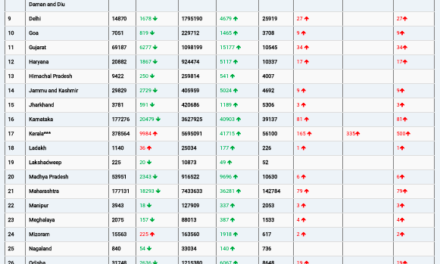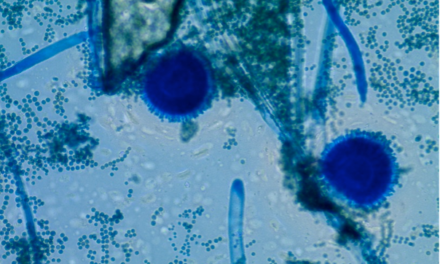Fatty liver disease, a condition characterized by the accumulation of excess fat in the liver, has become increasingly prevalent in recent years. With insights from Shlloka Joshii, a Classical Hatha Yoga teacher, and Diet and Lifestyle expert, individuals are gaining a deeper understanding of this condition and effective strategies for its management.
According to Joshii, there are two primary types of fatty liver disease: non-alcoholic and alcoholic. Non-alcoholic fatty liver disease typically affects individuals who are obese, diabetic, or have certain medications, while alcoholic fatty liver disease results from excessive alcohol consumption. Both types can lead to severe complications, including liver cirrhosis.
Recognizing the Symptoms
Early detection of fatty liver disease is crucial for effective management. Symptoms may initially manifest as fatigue or discomfort in the upper right abdomen, particularly after meals. As the condition progresses, individuals may experience severe tenderness, loss of appetite, nausea, weakness, weight loss, and other concerning symptoms.
Identifying the Causes
Several factors contribute to the development of fatty liver disease, including excessive alcohol consumption, obesity, insulin resistance, type 2 diabetes, and metabolic syndrome. Additionally, high cholesterol levels, certain medications, pregnancy, genetic disorders, and infections such as hepatitis C can increase the risk.
Insights on Dietary Interventions
Joshii recommends incorporating specific foods into the diet to support liver health and mitigate the effects of fatty liver disease:
- Lemon: Drinking warm water with lemon on an empty stomach aids in detoxification and improves liver health.
- Papaya: Consuming papaya on an empty stomach reduces liver inflammation and provides essential nutrients and antioxidants.
- Apples: Rich in pectin, apples help cleanse the body and prevent fatty liver disease. Individuals with advanced stages of the disease can consume up to three apples a day or opt for apple cider vinegar.
- Beetroots and Carrots: These vegetables stimulate bile juice production and enzymatic activity, supporting liver function and preventing disease.
- Green Vegetables: High in chlorophyll and antioxidants, green vegetables aid in toxin removal and support overall liver health. Steamed or boiled vegetables can be consumed before meals or substituted as a meal itself.
Embracing a balanced diet rich in these foods, along with regular exercise and lifestyle modifications, can significantly improve liver health and mitigate the effects of fatty liver disease.
As research continues to evolve, these insights offer hope for individuals grappling with this prevalent and often overlooked condition.












